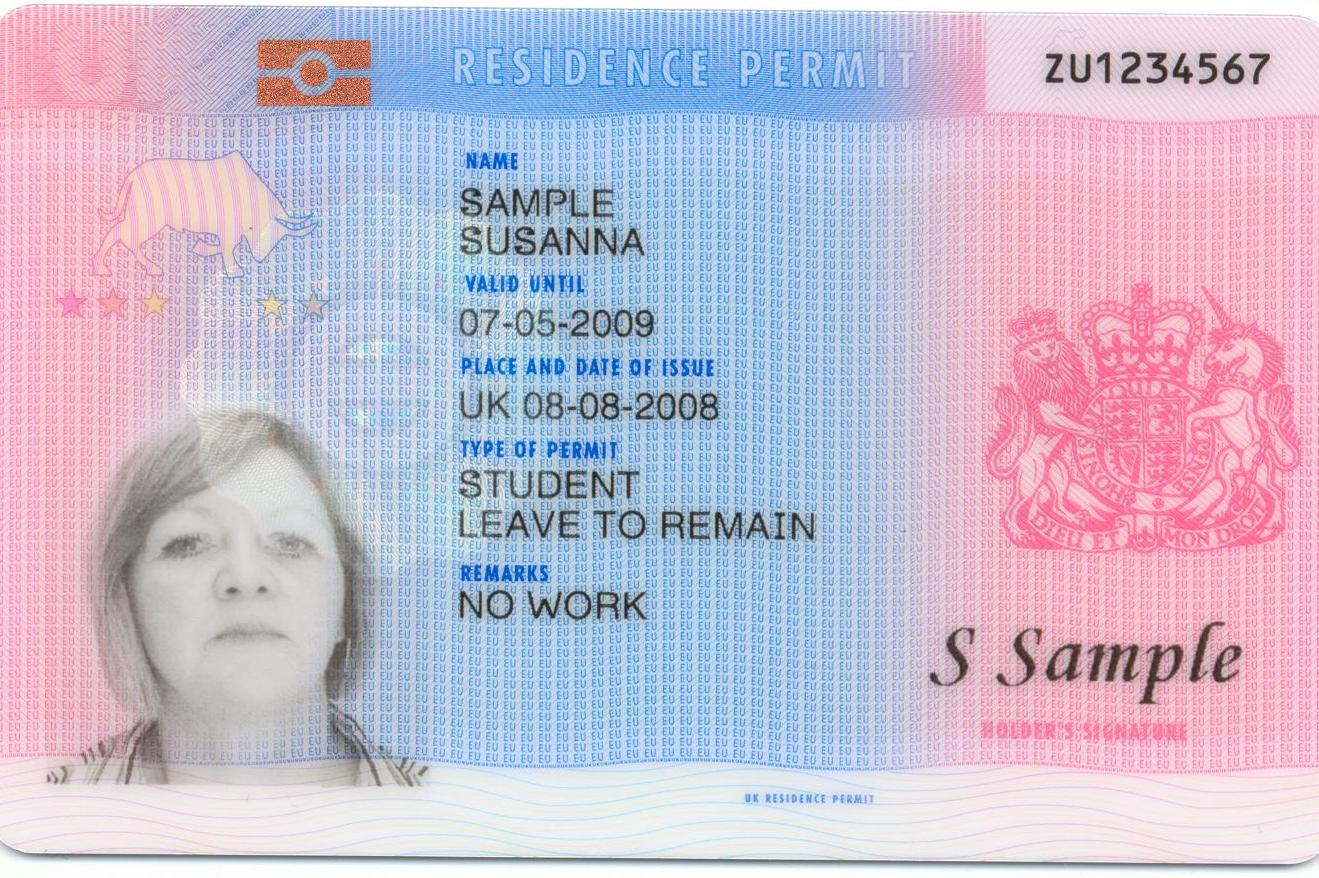Liverpool council votes against ID cards
Liverpool City Council has made it clear it's not a fan of ID cards, banning them from its own offices.


Liverpool City Council has voted in favour of a motion against ID cards - and banned them from being promoted in their own offices.
In a motion passed yesterday - and backed by Labour members - the council noted its disapproval of the scheme, which is currently being rolled out in Manchester and could head to Liverpool next year.
"Council notes that the Government is pressing ahead with plans to introduce identification (ID) cards. It is doing this through pilot schemes in the North West, including the planned launch of a scheme in Liverpool in January 2010," the motion from Councillors Steve Radford and Paula Keaveney said.
"Council notes that the existing policy of the City Council is that it is opposed to the introduction of ID cards and the associated database," it said.
The motion stressed that the council did not believe the government's claims that ID cards and the related database would "prevent crime, terrorism or illegal immigration," but would instead "fundamentally change the relationship between the citizen and the State."
The motion also called out Prime Minister Gordon Brown, saying his speech at the Labour party conference "sought to give the impression that ID cards would not be introduced, at the same time as his Government was clearly preparing for these pilot schemes."
Because of this opinion, the council said it would "refuse to co-operate with any plans to promote the card scheme" and would not let council offices or its "communications channels" be used for promotional events - unless forced to by law.
Get the ITPro daily newsletter
Sign up today and you will receive a free copy of our Future Focus 2025 report - the leading guidance on AI, cybersecurity and other IT challenges as per 700+ senior executives
The council also pledged to work with anti-ID card lobbyists - including NO2ID - to raise awareness of the "dangers of the ID card and database scheme" among the people of Liverpool.
NO2ID naturally welcomed the support. "Neither the people of Liverpool nor their elected representatives have been conned," said national coordinator Phil Booth in a statement.
"We particularly congratulate Labour councillors for taking their constituents' sides against the Home Office's favorite surveillance scheme, even if a Labour Home Secretary complacently lets the bureaucrats steam on, spending uncounted millions in the biggest ID theft of all," he added.
Home Office not concerned
A Home Office spokesperson told IT PRO that people need not feel forced into the scheme.
Regarding the accusation the cards would change the relationship between citizens and the state, he said it's "effectively like a passport, you either choose one or you don't - I wonder how that argument stands up."
He also noted that Brown's recent party speech had no bearing on the cards, as they were introduced as early as 2005.
The spokesman said the Home Office would not be concerned by the council's pledge not to promote the scheme. "At the end of the day, we would promote - as far as I'm aware... the IPS [Identity and Passport Service] would be the ones promoting. If Liverpool City Council chooses not to have promotional materials in their premises, that would have to be something to look at later."
Asked if the council would have any affect on a Liverpool-wide rollout of the cards, the spokesman responded: "It wouldn't."
"A council doesn't have any ability to stop people getting them," he said, adding "lots of people will try to sway public opinion" against the cards, but it was up to people to decide for themselves in the end.
The spokesman added that 1,000 cards had been given out in Manchester since the rollout there last month.
Click here for everything you need to know about ID cards.
Freelance journalist Nicole Kobie first started writing for ITPro in 2007, with bylines in New Scientist, Wired, PC Pro and many more.
Nicole the author of a book about the history of technology, The Long History of the Future.
-
 CISA issues warning in wake of Oracle cloud credentials leak
CISA issues warning in wake of Oracle cloud credentials leakNews The security agency has published guidance for enterprises at risk
By Ross Kelly
-
 Reports: White House mulling DeepSeek ban amid investigation
Reports: White House mulling DeepSeek ban amid investigationNews Nvidia is caught up in US-China AI battle, but Huang still visits DeepSeek in Beijing
By Nicole Kobie
-
 Starmer bets big on AI to unlock public sector savings
Starmer bets big on AI to unlock public sector savingsNews AI adoption could be a major boon for the UK and save taxpayers billions, according to prime minister Keir Starmer.
By George Fitzmaurice
-
 UK government targets ‘startup’ mindset in AI funding overhaul
UK government targets ‘startup’ mindset in AI funding overhaulNews Public sector AI funding will be overhauled in the UK in a bid to simplify processes and push more projects into development.
By George Fitzmaurice
-
 UK government signs up Anthropic to improve public services
UK government signs up Anthropic to improve public servicesNews The UK government has signed a memorandum of understanding with Anthropic to explore how the company's Claude AI assistant could be used to improve access to public services.
By Emma Woollacott
-
 The UK’s AI ambitions face one major hurdle – finding enough home-grown talent
The UK’s AI ambitions face one major hurdle – finding enough home-grown talentNews Research shows UK enterprises are struggling to fill AI roles, raising concerns over the country's ability to meet expectations in the global AI race.
By Emma Woollacott
-
 US government urged to overhaul outdated technology
US government urged to overhaul outdated technologyNews A review from the US Government Accountability Office (GAO) has found legacy technology and outdated IT systems are negatively impacting efficiency.
By George Fitzmaurice
-
 Government urged to improve tech procurement practices
Government urged to improve tech procurement practicesNews The National Audit Office highlighted wasted money and a lack of progress on major digital transformation programmes
By Emma Woollacott
-
 Government says new data bill will free up millions of hours of public sector time
Government says new data bill will free up millions of hours of public sector timeNews The UK government is proposing new data laws it says could free up millions of hours of police and NHS time every year and boost the UK economy by £10 billion.
By Emma Woollacott
-
 Online Safety Act slammed by rights groups as bill gains royal assent
Online Safety Act slammed by rights groups as bill gains royal assentNews The Online Safety Act has been described as a veiled attempt to secure access to encrypted messages
By Rory Bathgate